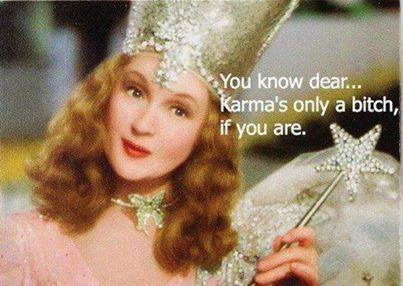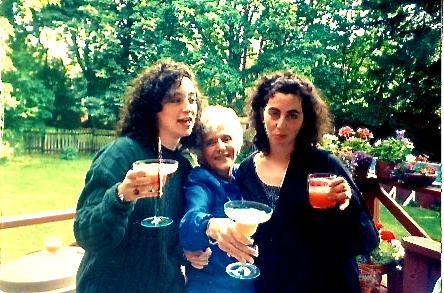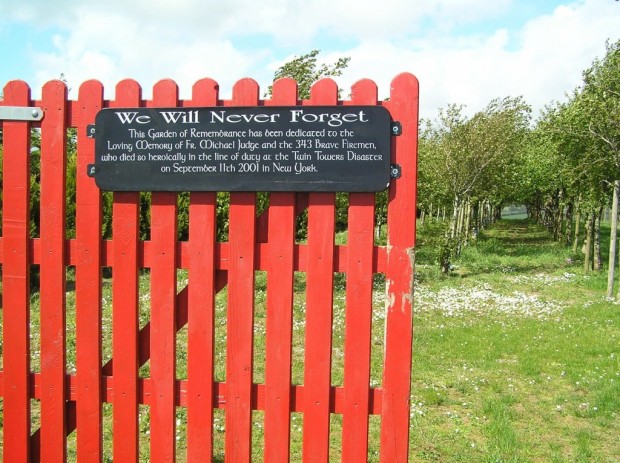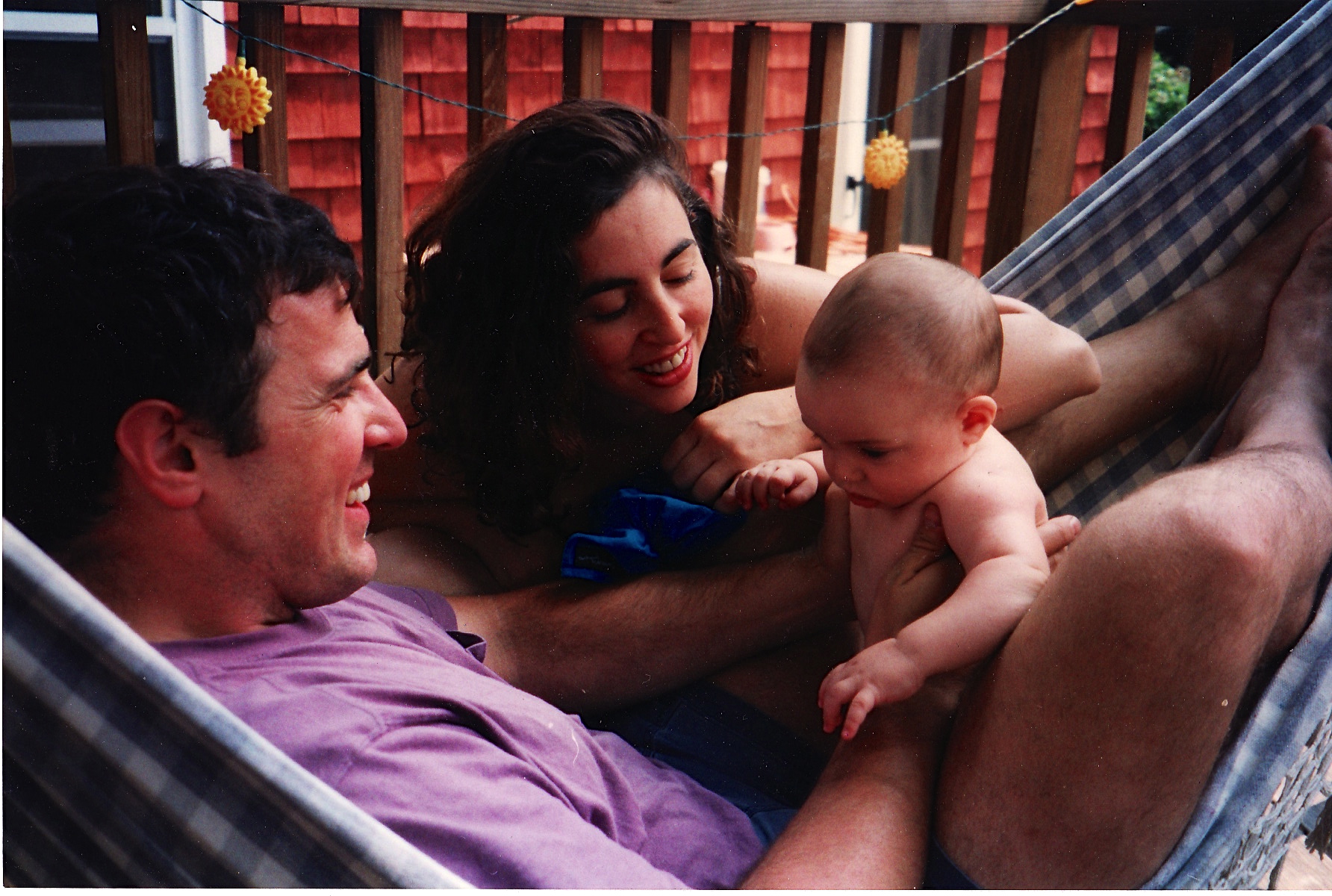Last year, my New Years resolution was to stop lying. I wasn’t Bernie Madoff or anything but I realized I had gotten in the habit of telling little white ones here and there usually to prevent people’s feelings from being hurt. Saying “I can’t make it to your party. I have tickets to the theater” seems a lot nicer than “I’d rather poke my eye with a toothpick than listen to your husband talk about his prostate again.”
Initially, I chose this resolution because it seemed much easier than trying to lose weight but I was surprised at how challenging telling the truth was. One study found that people tell two to three lies every 10 minutes, and even conservative estimates indicate that we lie at least once a day.
That’s a lot of bullshit.
I was shocked at how much I lie often for no reason at all. I told my dentist I flossed, the doctor I only drank once a week, my therapist I was fine. Why? Would they really be so upset if I told them the truth? My lying reached an all time high when I was on-line dating. Lying is so pervasive on these websites its like an accepted form of courtship. I had numerous men lie about their age, their jobs, their relationship status and most maddening, their height. “You can’t lie about your how tall you are” I told a man a little over five feet who said he was six-feet-tall.
According to a survey of 3,000 adults, nearly half the men asked about dating sites said they lie about their job or salary in order to improve their chances at finding love; meanwhile almost half of women lie about their weight, age and body shape. I don’t lie about my age. I don’t want a potential man to meet me and think, “Wow, she looks old for twenty-five” But I have and will always lie about my weight, even to myself. “Muscle weighs more than fat,” I say to myself when the doctor moves the giant hammerhead piece on the bottom of his scale up a whole notch.
“Maybe I shouldn’t have worn my chainmail underwear,” I joke.
In my twenties, I constantly lied on my resume to get work. I taught juggling at the 92nd St Y when to this day I can’t keep two scarves in the air. I flambéed cherries jubilee at a fancy restaurant nearly setting my stunned customers on fire, and in a scene worthy of “I Love Lucy” I was fired from a law firm after they figured out I didn’t actually know how to operate a switchboard.
I always fancied myself a talented liar but my mother insists that “you always looked like a dog that just stole the steak off the table. ” Even so, I know some of the elaborate lies I concocted then, worked. I attended the No Nukes Concert, the Elton John concert in Central Park and Simon and Garfunkel in Central Park all when I was “sleeping over Mimi Riley’s house.”
One of my favorite stories that my grandmother told was about my father lying. “I used to tell him I could read lies on his forehead.” she told me giggling at her own story. “When he came into the living room with his hair brushed carefully over his head, I knew he had lied to me!! ”
My son is equally terrible at lying, his large brown eyes shifting about like a blind person. Since I always caught him, his strategy for a while was to tell me everything he does:
“So Terrence and I were throwing cotton balls that were on fire off his roof…”
“Why are you telling me this? You know I don’t approve.”
“I don’t want to lie to you.”
“You’re supposed to lie”
“You want me to lie?”
“Of course not. I want you to omit.”
“What’s that supposed to mean?”
“I mean tell me the truth, but don’t tell me everything.”
“Okay, well remember when I told you I was home alone last Saturday night?”
“Okay, actually, I want you to lie.”
And he does.
Aidan is actually quite talented at it, which according to a recent article in US News is my fault. “By the age of 3, most children know how to fib, and by 6, most lie a few times a day. Experts believe that children learn to lie by observing their parents do it.” Though I like to think I never lie to Aidan, the fact is that I constantly do. Throughout his life I have lied to him about sick relatives, Santa Claus, dead pets and the tooth fairy all to protect him from knowing the harsh reality that life can really suck sometimes. When he recently asked me if I smoked pot, I mumbled, “no” even though I was infamous in high school for making my Board of Ed bassoon into a bong.
A few weeks ago he berated me for lying, insisting I shouldn’t have told him his Gerbil was taking a nap, that I should have told him that Santa Claus is a farce. I quickly educated him that Wikipedia calls this “The Omission Lie.” “Also known as a continuing misrepresentation, a lie by omission occurs when an important fact is left out in order to foster a misconception.” In fact, according to Wikipedia, there are over twenty-seven types of lies.
“You shouldn’t have lied” Aidan insisted “not to mention the Easter Bunny and the Tooth Fairy and …”
“Mr. Koelert.”
“Mr. Koelert?”
“Yes. Remember when I went in for your parent–teacher conference and Mr. Koelert scolded me for not buying you warm clothes for his camping trip? See, you omitted the fact that I put all your warm clothes on your bed to pack and you chose not to put them in your suitcase, so you omitted a fact just like I omitted telling you that Santa is not real.
This past New Years Eve, I renewed my commitment to telling the truth since in the end, I like it. I actually feel better about myself and it’s still easier than giving up chocolate. In the past year, I didn’t hold my nose feigning a cold to get out of plans I simply said, “I feel lazy and don’t want to get off my couch.” When I was late, I shrugged and said, “I just didn’t leave enough time.” I told my dentist, “I can’t remember to floss and it’s annoying how it always gets stuck to my finger.”
New research says that decreasing fibs throughout the day can improve health and so I figure my honest approach earns me one extra glass of wine a day. All right two, and that’s the truth.

 I remember sitting at a dinner party in my mid-twenties. My sister was regaling the table with the story of my subway accident. The person sitting next to me at the table turned to me and said, “You have bad karma.”
I remember sitting at a dinner party in my mid-twenties. My sister was regaling the table with the story of my subway accident. The person sitting next to me at the table turned to me and said, “You have bad karma.”


